A Surprising Decision
Pope Benedict XVI has decided to resign, taking by surprise the Catholic world and not only.

Corina Cristea, 15.02.2013, 13:03
The 265thpope in the history of the Roman-Catholic Church, Benedict XVI has announced his resignation, in an unprecedented gesture in our modern times. The Sovereign Pontiff made the announcement of his resignation in the Latin language invoking old age and health problems.
Pope Benedict XVI: “After having repeatedly examined my conscience before God, I have come to the certainty that my strengths, due to an advanced age, are no longer suited to an adequate exercise of the Petrine ministry. I am well aware that this ministry, due to its essential spiritual nature, must be carried out not only with words and deeds, but no less with prayer and suffering. Dear Brothers, I thank you most sincerely for all the love and work with which you have supported me in my ministry and I ask pardon for all my defects.”
Benedict XVI was elected at the helm of the Catholic Church following the Papal Conclave of 2005, as successor to Pope John Paul II. His resignation has taken by surprise the Catholic world and not only. Father Adrian Danca, the head of the Romanian-language Service of Radio Vaticana, says in an interview to Radio Romania, that the Pope’s gesture will bring about a change in the Church laws in the sense of clarifying the status of the person who resigns the Petrine ministry.
Adrian Danca: “His gesture took the Church by surprise in the sense that no such possibility of resignation is mentioned in the church law. Actually, he had already stated in 2010 in a book-length interview called ‘The Light of the World’ that the Pope should too have the possibility to resign. The pope’s resignation will create a precedent of utmost importance for the future of the Church.”
Adrian Danca has also referred to the importance of the years Pope Benedict XVI spent at the helm of the Catholic Church.
Adrian Danca: “This is a very important pontificate, because for the first time a pope has taken upon himself the liberty of being himself, of being coherent with what he said and of giving hope to members of the Catholic Church. The pope showed that the Catholic Church should be free, to answer as best it can the need for the Gospel to be spelled out for all. Socially, it can be said that his role has been decisive in many respects, including in European civil society. In his apostolic travels, he met politicians, men of culture, and conveyed to them a message of trusting mankind. Politically, the Holy Father kept away from mundane quarrels, he tried to convey to political circles fundamental values without which no modern democracy can stand, and said repeatedly that a state which is liberal and democratic feeds on values which it cannot provide for itself, values stemming from the Judeo Christian roots of European culture and the modern state.”
The pope’s decision to step down is in line with the canons of the Catholic Church, which provide that a head of the church can step down if he does so willingly. Theology professor Radu Preda says that his choice to end his papacy in this way will add to the positive image of the Church, which has been faced with multiple scandals lately:
Radu Preda : “This is a dignified gesture, which shows everyone that no one is irreplaceable. It also shows that, as a shepherd, but also as any other political leader, one has to always seek to strike a balance between his own interest and the common good. From this point of view, Benedict has chosen his own path, which will make him even greater in the history books, because he could have followed his predecessor, John Paul II, who died on his seat, even though he was growing ever more feeble. He, like John Paul II, could have stood testimony to human limitations and frailty. But, knowing himself better than anyone else, he chose to step down before it was too late, which I believe earns him our respect.”
Benedict led the Church during a difficult period, when the ever changing world brought many challenges to an institution with over- two- millennia –old- traditions. During his time as pope, he stood out with his rich messages and his prayers for peace and dialogue between religions, but also with his numerous speeches on human right, environmental protection and the need to fight poverty. The question now at the Vatican is who is supposed to succeed him. The new pope will have to find new answers to old questions plaguing the Catholic Church, which, among other things, have to do with the conflict between reformists and traditionalists, as well as with many scandals, from sex to corruption.






























